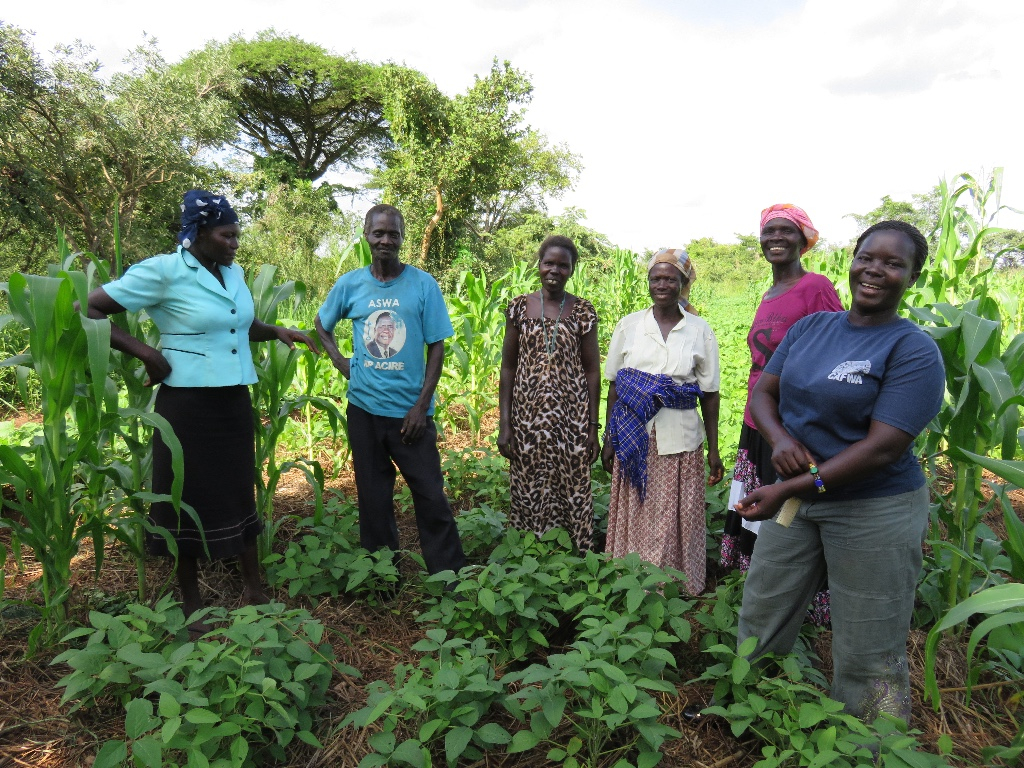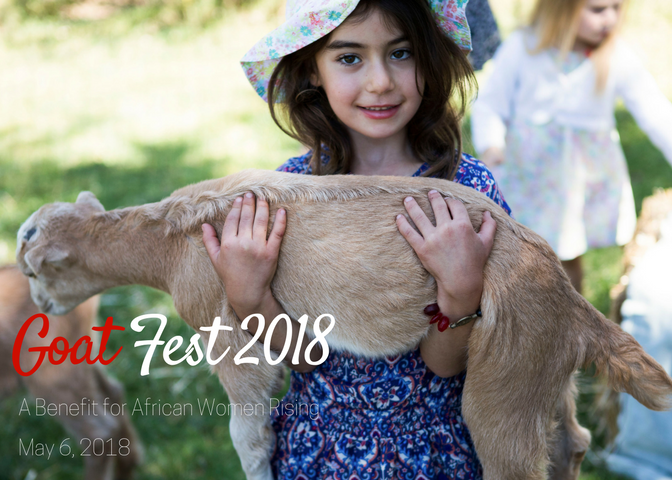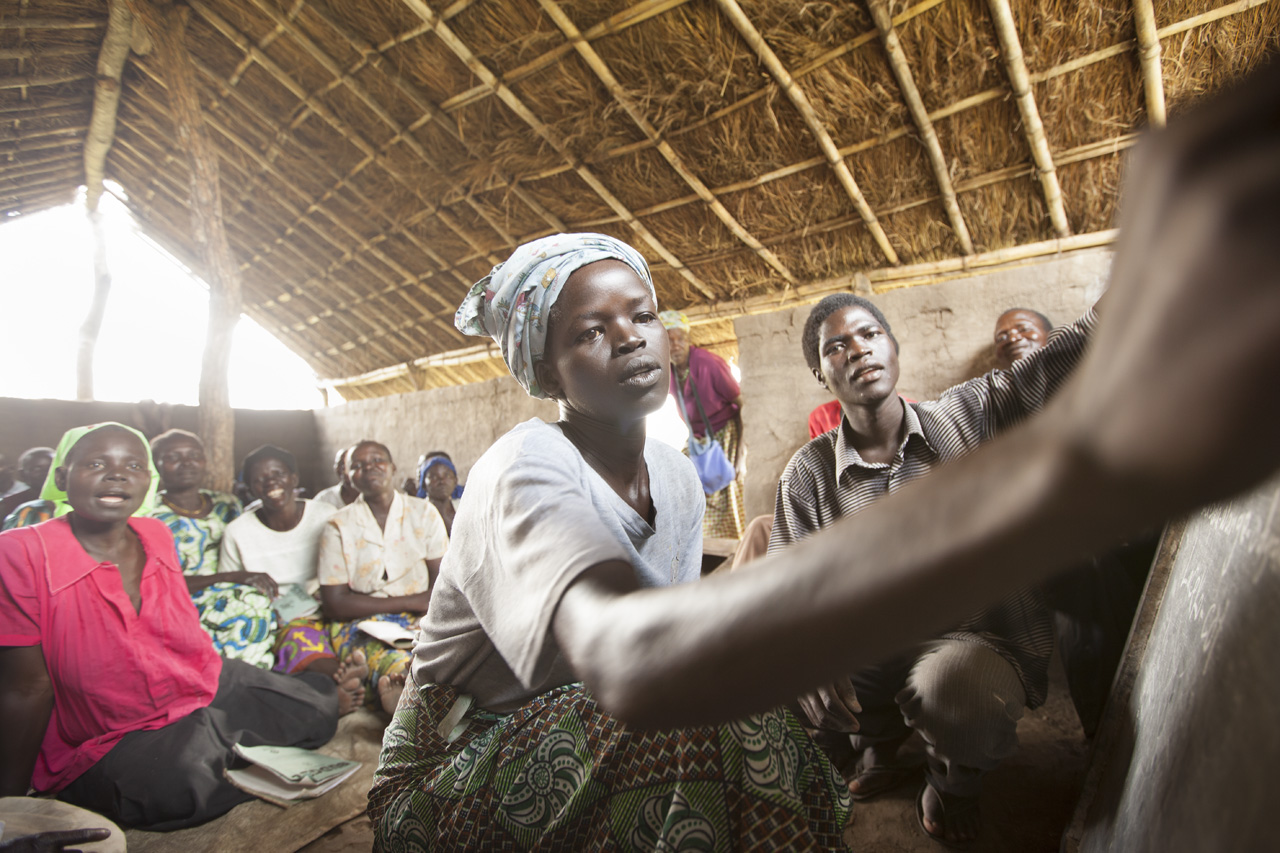Norman jumped upon a table, then quietly sneaked up on Linda Cole as she directed…

How To Grow More Food
Dear Friends of African Women Rising,
For the last 10 days, the team and I have been working on program plans and budgets for 2017. It is slow work, making sure we take all expenses into account and are realistic about what we can accomplish with the funds we have. There is so much we want to do! It is great to see the commitment by the staff and how eager they are to expand our reach.
I have been able to spend some time with groups, visiting women participating in our Field Crop, MicroFinance and PermaGarden programs. I am proud to say that the quality of what we are doing is truly amazing. We are seeing great improvements in all areas.
The Field Crop program, which is our newest program, has started to show some incredible results. For most of these women, what they grow in the field is the main income they have and it is supposed to feed them and their families. It is also what pays for school fees, health care — everything. Changing known practices is precarious as the outcome is pivotal for their survival. To put trust into methods they have never heard of before is to take an enormous risk. Old methods may not be optimal but at least they are familiar.
So it was encouraging to see to what extent this group has embraced the program, and the results speak for themselves. I spoke with one woman, Margaret Atoo, last season she grew about 60 kg of beans, this year, on the same field, she harvested 150kg.

The groups always have one field they grow together, their demonstration garden. This is where we do all the training and introduce our new methods. Our hope is that the demonstration garden will do well so that members start implementing the methods in their individual gardens. This year it looks like we will have over 80% of members using our methods in their gardens — it is a very high number. For most programs like this, 75% is considered a success. And what is even more encouraging is that neighbors, who are not part of the program, are starting to take notice and adapting some of the easier methods like not burning the field, digging swales for water collection, and using mulch. In the beginning of the season, we had some issues with drought and our gardens were able to survive. People recognize this and are now very eager to learn more.

On my walk to the various gardens it was easy to see which gardens belong to our members. The crops were growing well, plants looked green and healthy, the gardens were weeded, there was little to no pest issues, there was more moisture in the soil — all things we knew would happen but was a surprise for the women.
People are going from eating once a day to having meals at least two times a day. All the people I talked with were able to afford school fees. They are talking about investing in oxen to expand the size of their fields.
This work is having a serious impact on the communities and is changing the trajectory of their children. Kids are eating well and going to school, there is a lot of new found hope. Success breeds success. The enthusiasm I encountered with these women was truly contagious, and it was great to hear how they are planning to have bigger and better gardens for next season.
With gratitude,
Linda and the African Women Rising team




This Post Has 0 Comments